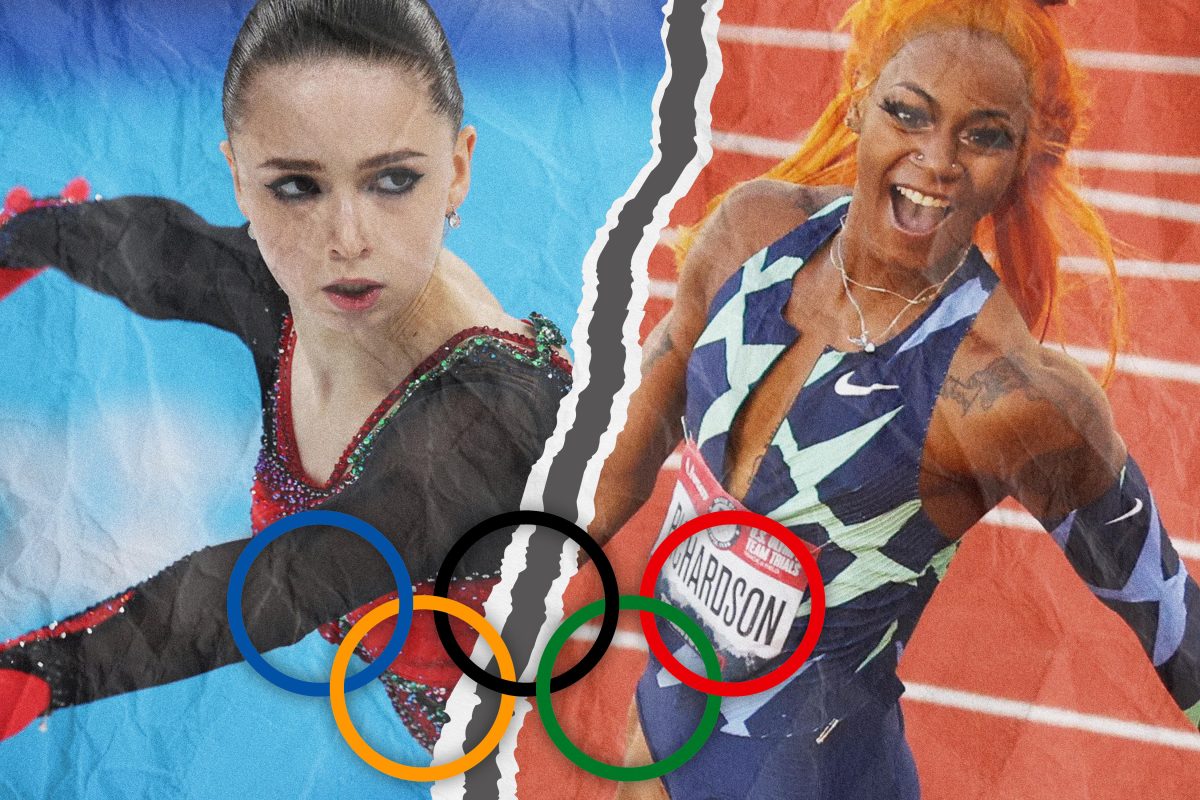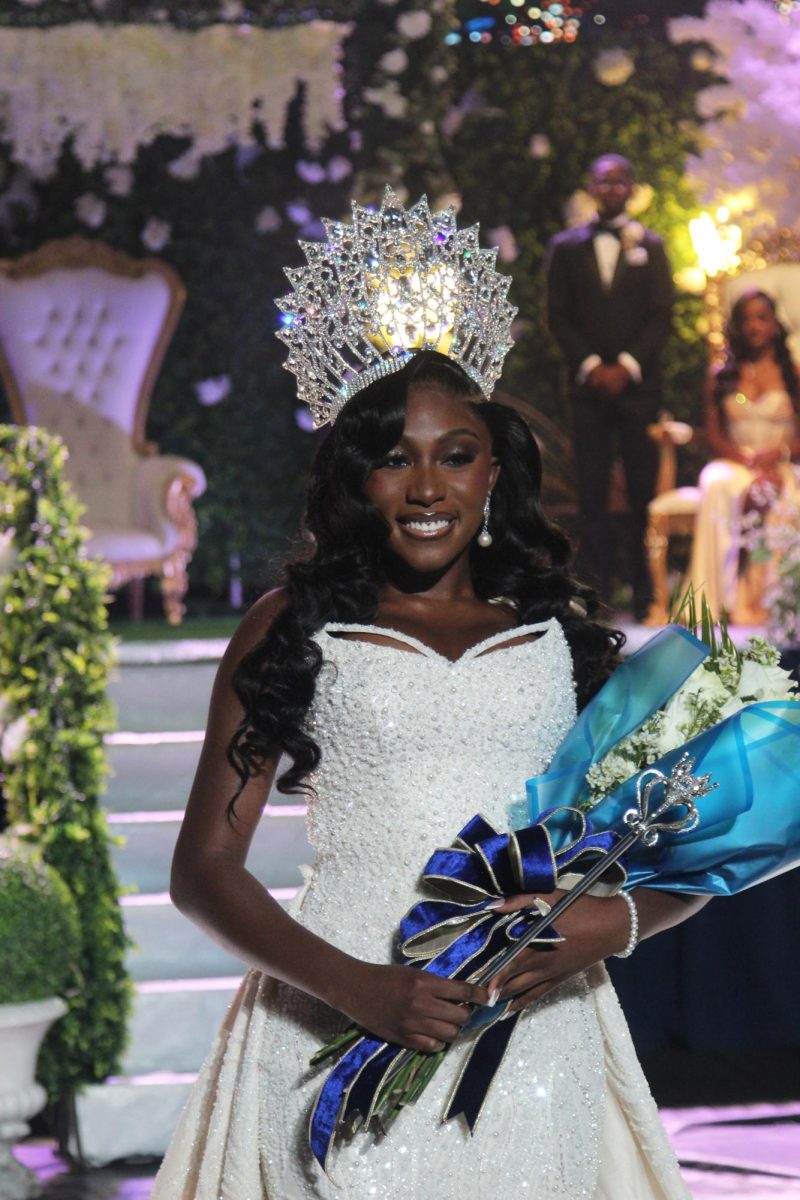The 2022 Winter Olympics Games have begun in Beijing, but a recent doping scandal has made people begin to question the objectivity and fairness of the rules.
A sample provided by a 15-year-old Russian figure skater, Kamila Valieva, to an antidoping lab before the Games included a substance banned by the International Olympic Committee (IOC). Despite the young skater testing for Trimetazidine, a heart medication typically prescribed to elderly patients to treat chest pains, the committee allowed her to still compete in the short program of the women’s skating competition.
Many started to question how the committee allowed Valieva, but when Sha’carri Richardson failed her drug test she was banned from the Games. In June of 2021, Richardson tested positive for THC, and had to accept a one-month period of ineligibility, which ultimately caused her to be ineligible for the Olympic Games.
Richardson took to her Twitter account to voice her feelings on this controversy, expressing, “Can we get a solid answer on the difference between her situation and mines? My mother died and I can’t run and was also favored to place top 3. The only difference I see is I’m a black young lady.” Many others on social media began to wonder the same question.
According to the Court of Arbitration for Sport (CAS), which is an international group that is used to settle disputes related to sports, the situations are totally different circumstances. “The panel considered that preventing the athlete from competing at the Olympic Games would cause her irreparable harm in the circumstances,” CAS Director General Matthieu Reeb explained. This decision was made because Valieva is seen as a “protected person”, since she is a minor, and the CAS believed that taking her out of the game so late would be very detrimental to her well-being. While, in Richardson’s case, she expressed that she smoked marijuana to deal with the recent death of her mother, and this situation was still not regarded as enough justification to allow her participation.
Some have also pointed out that although Valieva’s test was conducted in December, her results were only recently posted. In Richardson’s case, however, her test results were available the same week she was tested. The United States Olympic & Paralympic Committee also spoke out against the decision of letting Kamila Valieva compete. Altogether, this decision has undeniably raised questions regarding the ethics and equality within the International Olympic Committee.
Categories:
Double Standard at the Beijing Olympic Winter Games
February 22, 2022
Double Standard at the Beijing Olympic Winter Games
0
More to Discover











